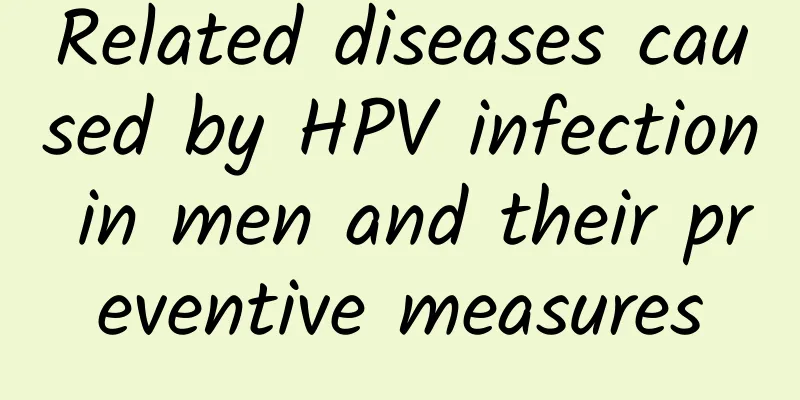Treatment of infertility caused by endocrine disorders

|
I believe everyone is familiar with the symptoms of infertility. Although the occurrence of infertility will not threaten our physical health, it will bring many troubles to parents and bring great psychological pressure to both husband and wife. Therefore, we suggest that everyone should pay attention to the symptoms of infertility. There are many reasons for infertility, one of which is endocrine disorders. Below we will introduce the treatment methods of endocrine disorder-related infertility. 1. Ovulation induction treatment. There are many types of ovulation-inducing drugs, which produce their effects through different mechanisms. Commonly used ovulation-inducing drugs include clomiphene, human menopausal gonadotropin, follicle-stimulating hormone, and gonadotropin-releasing hormone. These drugs should be used with caution and under the guidance of a doctor. If used improperly, not only will it fail to achieve the therapeutic effect, it may sometimes lead to multiple pregnancies, miscarriages, and even ovarian hyperstimulation syndrome (a serious disease that can cause pleural effusion, ascites, and liver and kidney damage). 2. Ultrasound monitoring of ovulation. After taking ovulation-inducing drugs or during the natural cycle, it is best to use B-ultrasound to detect ovulation. That is, starting from the 8th to 10th day of the menstrual cycle, observe the appearance and development of the dominant follicle until ovulation. The diameter of the follicle is about 20 mm to 24 mm (the normal range is 14 mm to 28 mm). The maximum diameter of the follicle is mostly the same for each person in different menstrual cycles. If the follicle diameter is less than 17 mm, the possibility of pregnancy is very small. At the same time, ultrasound monitoring can also clearly observe the thickness and morphology of the endometrium, which plays a certain role in predicting pregnancy. 3. Strengthen the function of the corpus luteum. Some endocrine female infertility is caused by insufficient luteal function. Some patients also need to strengthen luteal function after ovulation induction treatment. Commonly used drugs are natural progesterone, chorionic gonadotropin, etc. 4. Prevent miscarriage. If the patient becomes pregnant after treatment, the chance of miscarriage is also very high. Appropriate use of treatments such as progesterone and chorionic gonadotropin can reduce the miscarriage rate. Medication should be selected that is safe and effective for the fetus. 5. Patients with combined endocrine disorders should also receive medical treatment. Pregnancy during a period of relatively good endocrine status can reduce the incidence of miscarriage and pregnancy complications. In the above article, we introduced a common symptom, which is infertility. We know that there are many reasons for infertility, so we must find out the cause in time and make targeted treatment. The above article introduces in detail the treatment methods of endocrine disorder-related infertility. |
<<: Treatment of infertility caused by endocrine disorders
>>: What to do about endocrine disorders and acne
Recommend
Guild: 41% of Brits use WhatsApp at work
A new study of more than 1,200 UK workers highlig...
If I have a cold or flu, will the nucleic acid and antigen tests be positive?
[This issue's rumors]: Recently, there has be...
Which month is the best to go to Sanya? What to wear in Sanya in April?
Brown sugar rice cake used to be a food that peop...
What are some of the ailments you think are minor, but are actually serious illnesses?
One minute with the doctor, the postures are cons...
What is the cause of the brown and fishy smell of vaginal discharge?
For female friends, if their bodies are in health...
Filling the temples brings prosperity to the husband
In traditional aesthetic concepts, a full and rou...
Swelling and inflammation during pregnancy
We all know that pregnancy is a painful and happy...
The 6 dirtiest bad habits in women's lives
Brushing your teeth before going to bed is more i...
Burning sensation in the uterus of a woman's lower abdomen
A burning sensation in the lower abdomen of women...
Strategy Analytics: Only 1 in 5 smartphone users have purchased device insurance
199IT original compilation Only one in five smart...
What is the reason for the foul smell of leucorrhea after menstruation? It turns out that these two reasons are caused
Whether the leucorrhea is abnormal or not has alw...
Is it easier for a short pregnant woman to give birth naturally?
In fact, a pregnant woman's short stature has...
What to do if the fallopian tube is blocked? This treatment is effective
Fallopian tube obstruction is a very common gynec...
What foods can't gout patients eat? The relationship between hyperuricemia and gout
Gout is a metabolic disease with a long history. ...
How long should you avoid eating after abortion?
Painless abortion is a technology that helps wome...









